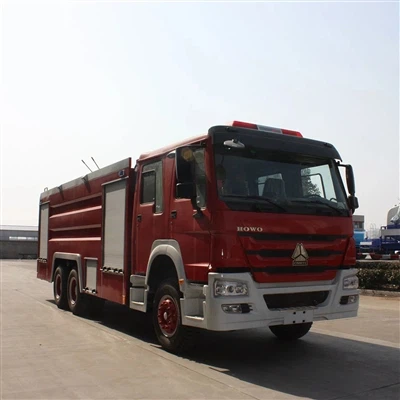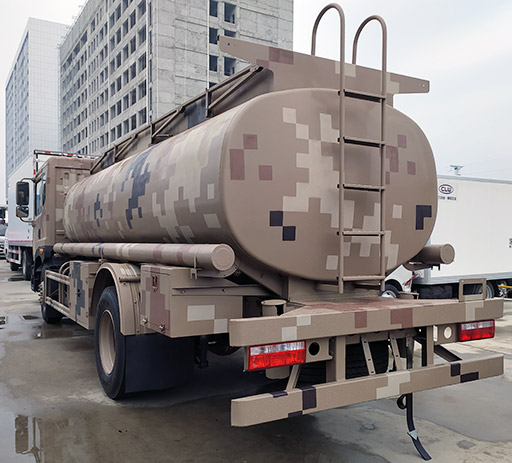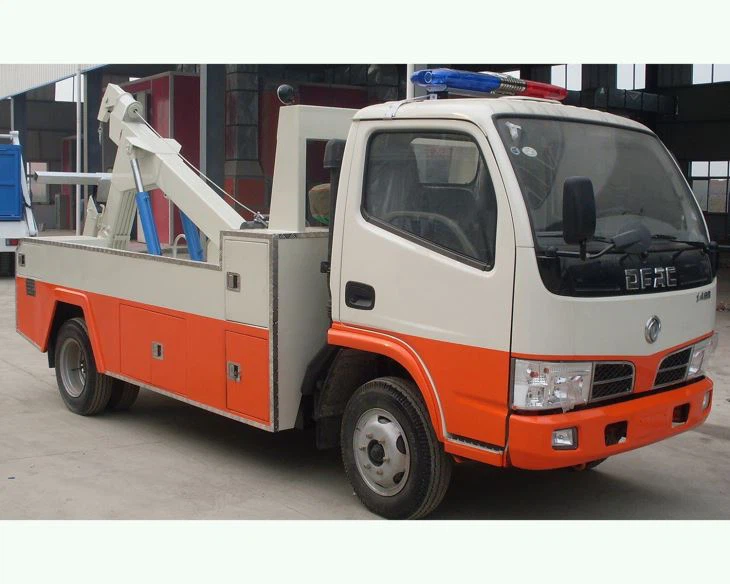What’s a Pump Truck? Understanding Its Functionality and Applications

A pump truck, often referred to as a concrete pump truck, is an essential piece of equipment in construction and civil engineering. Its primary role is to facilitate the transfer of liquid materials, such as concrete or slurry, from one place to another. Whether you’re constructing a high-rise building, laying foundations, or working on smaller residential projects, pump trucks provide the efficiency and precision necessary to get the job done right. This article delves into everything you need to know about pump trucks, their types, operations, applications, and much more.
Table of Contents
- Definition of a Pump Truck
- Types of Pump Trucks
- How a Pump Truck Works
- Key Components of a Pump Truck
- Applications of Pump Trucks
- Benefits of Using Pump Trucks
- Maintenance Tips for Pump Trucks
- Safety Guidelines
- Frequently Asked Questions
Definition of a Pump Truck
A pump truck is a specialized vehicle designed for pumping concrete and other fluids. Equipped with a long boom or pipeline, it enables construction crews to deliver materials to hard-to-reach areas. The pump truck can be operated remotely, allowing for better control and accuracy in placing materials. They are commonly used in large construction sites where dumping concrete using a traditional method would be cumbersome and inefficient.
Why Use a Pump Truck?
Pump trucks save time and labor costs, improve work site efficiency, and provide better placement capabilities. They reduce the risk of material waste and ensure consistent flow, which is critical for quality control in construction projects.
Types of Pump Trucks
There are different types of pump trucks available, each suited to various construction needs. Below are the primary types:
1. Boom Pumps
Boom pumps are equipped with a robotic arm that can reach high and far, allowing concrete to be delivered to elevated areas. They are ideal for large construction projects like skyscrapers.
2. Line Pumps
Line pumps are versatile and can be used for small to medium-sized jobs. They consist of a trailer or truck-mounted unit connected to a series of pipes to direct concrete to the desired location.
3. Trailer Pumps
Trailer pumps are towed to the site and are commonly used for residential construction, allowing flexibility and ease of transport.
4. Specialized Pumps
Some pump trucks are designed to handle specific materials, such as grout or shotcrete. These specialized pumps come with unique configurations to handle the material’s viscosity and properties.

How a Pump Truck Works
The operation of a pump truck involves several steps:
- The concrete is first mixed in a concrete mixer truck and then loaded into the pump truck.
- The pump truck uses a hydraulic system to create pressure, drawing the concrete into the pump chamber.
- The pumped mixture is transferred through pipes via a series of valves that control the flow.
- The operator uses the boom or nozzle to direct the flow of concrete to the specific location on the job site.
Understanding the Pumping Process
Concrete is typically pumped using a twin-cylinder hydraulic pump. This technology allows for a consistent flow of material without clogging or creating air pockets, ensuring smooth delivery.
Key Components of a Pump Truck
| Component | Description |
|---|---|
| Boom | A robotic arm that extends to place concrete precisely where needed. |
| Pump | Includes a hydraulic system to move materials effectively. |
| Hopper | The container that holds the concrete before it is pumped. |
| Pipeline | Conducts the concrete from the pump to the desired location. |
| Operator Controls | Panel for operators to control the pump movements and flow rate. |
Applications of Pump Trucks
Pump trucks have a vast array of applications in different industries:
1. High-Rise Construction
Pump trucks are essential for pouring concrete at heights and hard-to-reach areas, assisting in building skyscrapers and tall structures.
2. Residential Projects
For smaller residential foundations, pump trucks help deliver concrete with minimal hassle, especially in tight spaces where a mixer truck cannot reach.
3. Infrastructure Repair
They are useful in repairing roads, bridges, and other infrastructures where it might be challenging to move heavy equipment.
4. Artistic Applications
Pump trucks can also be used in decorative concrete projects, allowing for intricate designs that require precision.
Benefits of Using Pump Trucks
Utilizing a pump truck in construction offers numerous benefits:
- Efficiency: Pump trucks significantly reduce the time taken to transport concrete.
- Precision: The remote operation allows for accurate placement, reducing waste.
- Flexibility: They can reach difficult areas that are otherwise inaccessible.
- Reduced Labor Costs: Fewer workers are needed on-site, allowing for savings on labor.
- Speed: Faster construction timelines due to quick material delivery.

Maintenance Tips for Pump Trucks
Proper maintenance is crucial for ensuring the longevity and efficiency of pump trucks. Here are some essential tips:
Regular Inspections
Conduct regular checks on the hydraulic system, boom, and pump for any signs of wear or damage to prevent breakdowns.
Clean The Pump
After each use, clean the pump to remove any leftover concrete, which can harden and affect future operations.
Check Fluids
Ensure hydraulic fluids and lubricants are at the recommended levels, as this affects the pump’s efficiency.
Safety Guidelines
Safety is paramount in construction. Here are some considerations when using a pump truck:
Use Proper PPE
Always wear appropriate personal protective equipment, including helmets, gloves, and visibility gear.
Operator Training
Ensure that all operators are properly trained and certified to handle pump truck operations safely.
Site Assessment

Conduct a thorough assessment of the site to identify potential hazards, ensuring a safe working environment.
Frequently Asked Questions
1. How much concrete can a pump truck handle?
The capacity varies depending on the pump type but typically ranges from 30 to 150 cubic yards per hour.
2. Is operating a pump truck difficult?
Operating a pump truck requires specific training, but skilled operators can perform the tasks with precision and confidence.
3. Can pump trucks be used in residential construction?
Yes, pump trucks are highly beneficial for residential projects, especially in tight or hard-to-reach areas.
4. What are the costs associated with renting a pump truck?
The rental cost can vary based on the type of pump, duration of use, and your location, typically ranging from $1,000 to $2,000 per day.
5. How do I choose the right pump truck for my project?
Consider factors such as the volume of concrete needed, the distance of placement, and site constraints when selecting a pump truck.
6. How often should pump trucks be maintained?
Regular maintenance should be performed after every use, with comprehensive inspections according to the manufacturer’s guidelines.
